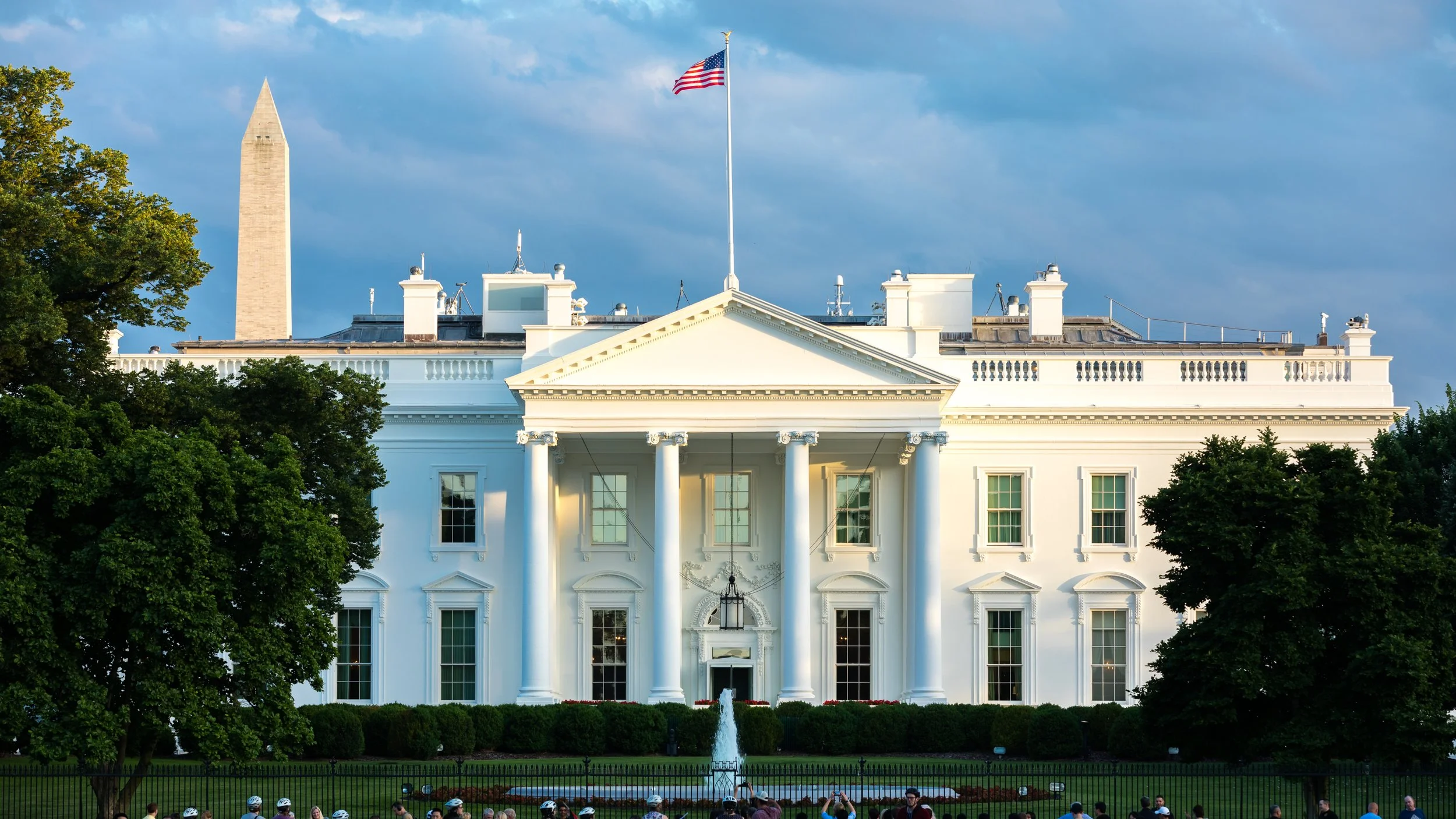Several revenue and spending provisions in The Tax Cuts and Jobs Act (TCJA) are scheduled to expire (“sunset”) by the end of 2025. We estimate that “extenders” (“no sunset”) would increase the federal debt held by the public from 226.0 percent of GDP to 261.1 percent of GDP by 2050.
The Excise Tax on Stock Repurchases: Effects on Shareholder Tax Burdens and Federal Revenues
President Biden has proposed raising the current excise tax rate on stock repurchases from 1 percent to 4 percent. We estimate that, for domestic shareholders, this tax increase would eliminate about 85 percent of the current-law tax preference for dividends over stock repurchases.
Senate-Passed Inflation Reduction Act: Estimates of Budgetary and Macroeconomic Effects
PWBM estimates that the Senate-passed version of the Inflation Reduction Act would reduce non-interest cumulative deficits by $264 billion over the budget window. The impact on inflation is statistically indistinguishable from zero. GDP falls slightly within the first decade while increasing slightly by 2050. Most, but not all, of the tax increases fall on higher income households.
Inflation Reduction Act: Comparing CBO and PWBM Estimates
PWBM and CBO find an almost identical impact of the Inflation Reduction Act of 2022 (“IRA”) on the budget, with small differences stemming from the timing of the corporate minimum tax revenue. The impact on inflation is statistically indistinguishable from zero for either estimate.
Inflation Reduction Act: Preliminary Estimates of Budgetary and Macroeconomic Effects
PWBM estimates that the Inflation Reduction Act would reduce non-interest cumulative deficits by $248 billion over the budget window with no impact on GDP in 2031. The impact on inflation is statistically indistinguishable from zero. An illustrative scenario is also presented where Affordable Care Act subsidies are made permanent. Under this illustrative alternative, the 10-year deficit reduction estimate falls to $89 billion.
Decomposing the Decline in Estate Tax Liability Since 2000
We estimate that the federal estate tax would have generated 9 times more revenue in 2019 without the tax changes in 2001 and 2017.
Webinar: Minimum Corporate Income Taxes. A discussion with Alan Auerbach (University of California-Berkeley), Michelle Hanlon (MIT), and (moderator) Kent Smetters (Wharton).
Minimum corporate income taxes are currently being debated as a way to generate tax revenue while preventing highly profitable companies from using tax loopholes to reduce their tax bills. In particular, a minimum tax based on income that corporations report on financial statements has been included in both the House and Senate versions of Build Back Better. Minimum taxes, such as a minimum tax on multinational corporations, are also being considered as part of tax changes codified in international agreements. Questions that will be addressed in this webinar include: Are minimum corporate income taxes efficient in general? What are the challenges with different approaches to imposing a minimum tax, both domestically and internationally? What are potential minimum tax alternatives that do not use financial statement income but can raise similar levels of revenue?
Three-Month Federal Gas Tax Holiday: Estimated Cost Reductions to Households
We estimate that suspending the federal excise tax on gasoline from July to September this year would lower average gasoline spending per capita by between $4.79 and $14.31 over three months, depending on geographic location and modeling assumptions, and lower federal tax revenue by about $6 billion during that period.
Effects of a State Gasoline Tax Holiday
We provide causal evidence that recent suspensions of state gasoline taxes in three states were mostly passed onto consumers at some point during the tax holiday in the form of lower gas prices: Maryland (72 percent of tax savings passed onto consumers), Georgia (58 percent to 65 percent) and Connecticut (71 percent to 87 percent). However, these price reductions were often not sustained during the entire holiday.
Why Taxpayers Owed $500 Billion in Taxes When They Filed This Year
Households owed more than $500 billion in taxes when they filed their returns this year, an increase of about $200 billion from immediately prior to the pandemic. The large tax liability owed at filing is mostly the result of a surge in capital gains and other income from financial assets in 2021.
President Biden’s FY2023 Budget Proposal: Budgetary and Economic Effects
We project that President Biden’s FY2023 Budget, taken as a whole, would reduce debt and grow the economy by 0.4 percent over time, with two major components of the Budget---"Build Back Better” and “New Provisions”---working in opposite directions.
Effects of a Federal Gas Tax Holiday
We estimate that suspending the federal gas tax from March to December 2022 would lower average gasoline spending per capita between $16 and $47, depending on geographic location and assumptions, but lower federal tax revenue by about $20 billion over that period.
Capital Gains Taxation and Deferral: Revenue Potential of Reform
This brief examines different approaches to removing the capital gains “lock-in effect” within a realization-based tax framework. We estimate that this change would produce between $115 billion and $357 billion in additional tax revenue over the next 10 years, depending on the exact design.
The Impact of the Build Back Better Act (H.R. 5376) on Inflation
PWBM projects that the spending and taxes in the Build Back Better Act (H.R. 5376), as written, would add up to 0.2 percentage points to inflation over the next two years and reduce inflation by similar amounts later in the decade. As an illustrative alternative, if temporary major spending provisions were made permanent, the bill would add up to a third of a percentage point to near-term inflation and have a negligible impact on inflation later in the decade.
H.R. 5376, Build Back Better Act: Budget and Macroeconomic Effects
PWBM estimates that H.R. 5376, the Build Back Better Act, would increase spending by $2.1 trillion over the 10-year budget window while increasing revenue by $1.8 trillion, for a 10-year deficit of $274 billion. By 2050, the proposal would decrease GDP by 0.2 percent, relative to current law.
Senator Wyden’s Billionaires Income Tax: Budgetary Effects
PWBM projects that Sen. Wyden’s billionaire income tax proposal would raise $507 billion over the budget window, more than half of which would come from a one-time transition tax on previously accrued, unrealized capital gains on publicly traded assets.
Macroeconomic Effects of the White House Build Back Better Budget Reconciliation Framework
PWBM estimates that the White House’s Build Back Better reconciliation framework would increase spending by $1.87 trillion over the 10-year budget window and revenues by $1.56 trillion over the same period. By 2050, the proposal would increase federal debt by 2.0 percent and decrease GDP by 0.1 percent, relative to the current law baseline.
Expanding the Child Tax Credit: Budgetary, Distributional, and Incentive Effects
PWBM projects the House Ways and Means Committee proposal to temporarily extend the 2021 Child Tax Credit design would provide an average 2022 refundable tax cut of $2,785 to 78 percent of households with children at a budgetary cost of $545 billion over the 10-year budget window. Changes to phase-out and phase-in thresholds would reduce the budgetary cost but also reduce the size of the tax cuts.
Can Higher Inflation Help Offset the Effects of Larger Government Debt?
Higher inflation reduces the real value of the government’s outstanding debt while increasing the tax burden on capital investment due to lack of inflation indexing. Increasing the current annual inflation target regime from 2 percent to 3 percent inflation reduces debt while lowering GDP.
Revenue and Profit Shifting for the U.S. in a Global Minimum Tax Agreement
PWBM estimates that tax policy changes in low-tax countries in response to the recent OECD global minimum tax deal could cost the U.S. as much as 50 percent of its minimum tax revenue.

















